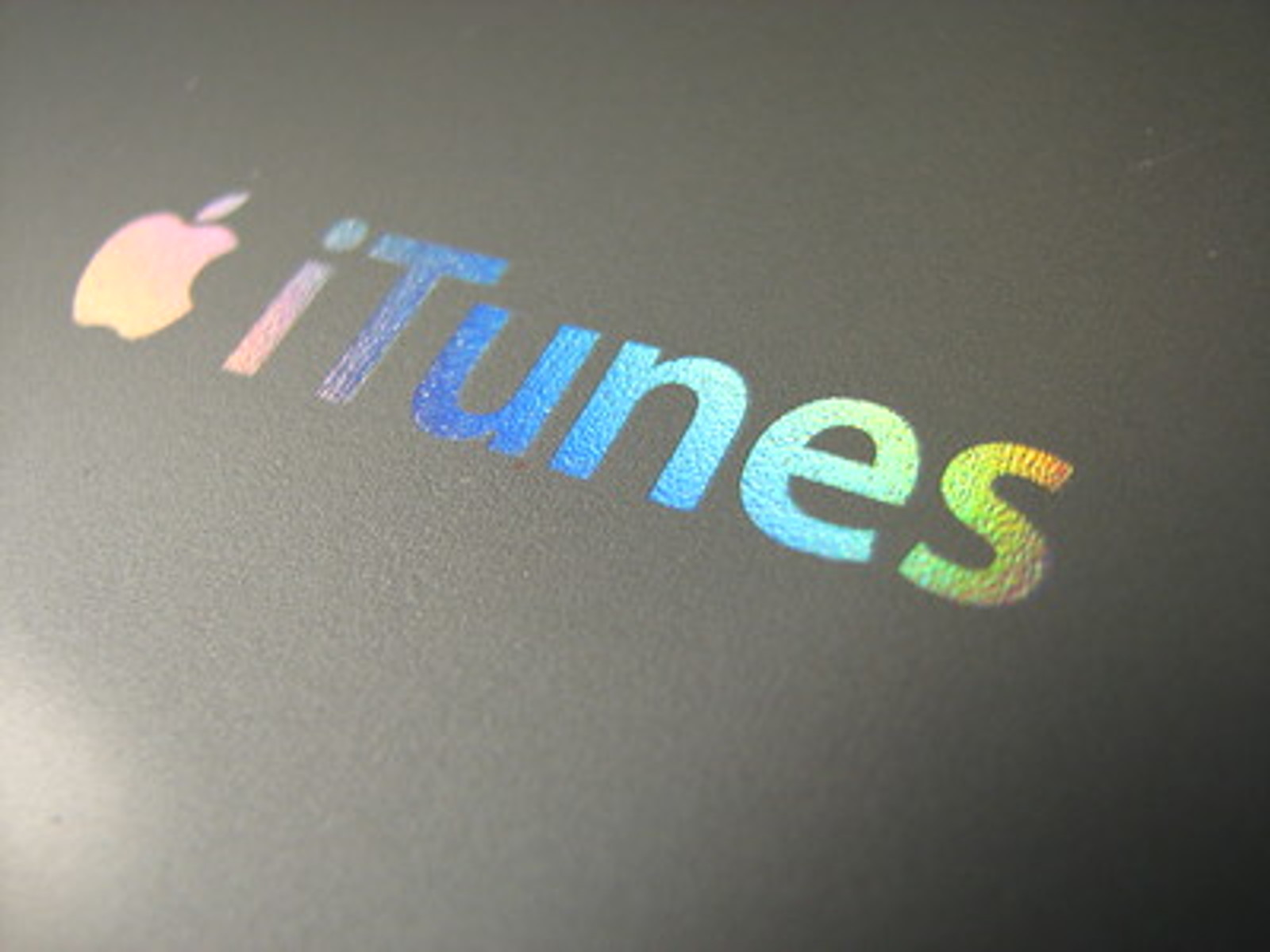It was not so long ago that indie musicians had it pretty good, the formula was to post the master-recording on iTunes and create a music video to promote the song on YouTube. (With a link to the iTunes download).
I recently noticed that iTunes no longer sells downloads (more on that later). I discovered tonight that iTunes URLs no longer link to the artist, they now link to a download page for the Apple Music player and then to a $9.99 monthly subscription. The download options are for Windows and the various Apple devices (nothing for Linux/Android).
I may have been born at night, but it wasn’t last night. The last thing I want to do is download software, only to be required to give my personal information and credit card. Why? So I can start a free trial? Just to have a look around at the offerings? With the original URL, I was trying to reach now hopelessly lost? No thanks. (Full disclosure, I do have the Google Play version of the software (not Apple software) installed on my Android phone, however, no membership.)
Luckily, the music.apple.com site still allows us to browse for artists, and view their catalogs, but there must be hundreds of millions of links out there that have the itunes.apple.com prefix. Even worse, link shorteners were popular during the download era, so fixing all of those URLs (that now don’t go where they purport to go) may seem insurmountable to many artists.
Speaking of broken and breaking links, I have two stories to tell. Let’s start with the shorter of the two.
A couple of years ago, I was helping Aubrey Logan with her website. I went to her Postmodern Jukebox videos on YouTube and found that the link shorteners for the music purchase no longer worked. To their credit, the Postmodern Jukebox organization (1.7 billion views) fixed the links when reported to them. I recommend against these URL shorteners to my website clients, there is a very good chance that their music will survive longer than some company trying to make a living selling free link shorteners.
The first time I noticed Apple Music shooting themselves in the foot was also in 2020. I was trying to ensure that I was linking to my client’s iTunes download page, rather than the Apple Music streaming subscription page. When I search on Google, there would be a result for iTunes and another for Apple Music, but when I follow the iTunes link, it would take me to the Apple Music page – i.e., the subscription page, rather than purchasing the artist’s offering. This practice struck me as a bait and switch scam, so I took a few minutes to write to the Antitrust Division, Department of Justice. I was not expecting a reply to my email, or perhaps a form letter from the DOJ, imagine my surprise when I received a phone call from one of their lawyers. I walked him through the deceptive funnel that I had experienced and even though Apple was redirecting consumers to a product that benefited Apple, at the expense of their musician partners, the DOJ attorney did not see a violation.
The title of this article references Apple Music shooting feet; it is yet to be determined whose feet.
Photo by: fdecomite Attribution 2.0 Generic (CC BY 2.0)
![]()
